Microsoft patches 25 flaws, Adobe goes automatic
Microsoft and Adobe are both set to release security updates next Tuesday, as part of their regular patching cycles.
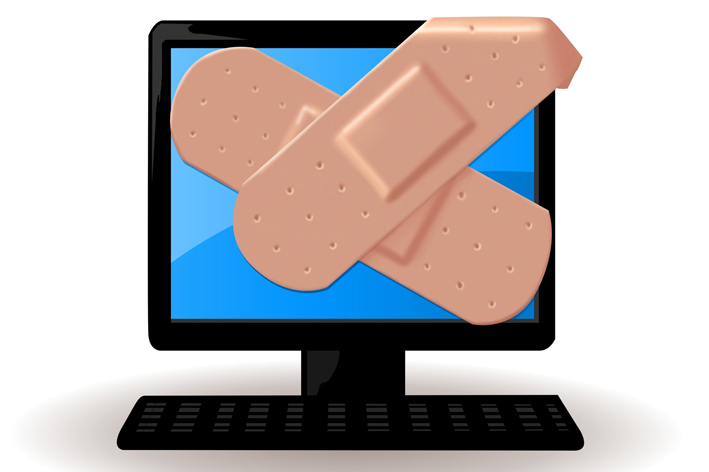

Microsoft is to issue 11 patches to fix 25 flaws across Windows, Office and Exchange.
As five of the patches are for critical flaws, Microsoft security communications manager Jerry Bryant advised users to "prepare to test and deploy the bulletins as quickly as possible".
He also noted that, from next week, two security advisories - in Server Message Block and VBScript - will be closed, with no known attacks using either flaw.
Bryant also reminded users that, within a few months, a host of Microsoft software will no longer be be patched.
The Windows Vista RTM will no longer be supported after 13 April, but its SP1 will be supported until 12 July 2011. Windows 2000 will no longer be supported after 13 July, nor will Windows XP Service Pack 2 (SP2).
Of the latter, Bryant said in the Microsoft security blog: "Many customers are still on this version, so we encourage upgrading to Service Pack 3 or to Windows 7 as soon as possible."
Adobe goes auto with updates
Get the ITPro daily newsletter
Sign up today and you will receive a free copy of our Future Focus 2025 report - the leading guidance on AI, cybersecurity and other IT challenges as per 700+ senior executives
Adobe is also set to release an update next Tuesday, which will patch "critical security issues" in Reader and Acrobat, the firm said.
Reader 9.3.2 and Acrobat 8.2.2 will be delivered using Adobe's new updater technology, which the firm has been testing since October last year.
The new system should help the update process become more "streamlined and automated", said Adobe product manager Steve Gottwals in the Reader blog.
"Honoring the user's choice is important to Adobe. This includes the user's update preferences," said Gottwals. "Adobe has no plans to activate the automatic update option by default without prior user consent."
"That said, the security of our users is a key priority for Adobe. The majority of attacks we are seeing are exploiting software installations that are not up-to-date with the latest security fixes," he explained. "We therefore believe that the automatic update option is the best choice for most end-users."
Freelance journalist Nicole Kobie first started writing for ITPro in 2007, with bylines in New Scientist, Wired, PC Pro and many more.
Nicole the author of a book about the history of technology, The Long History of the Future.
-
 CISA issues warning in wake of Oracle cloud credentials leak
CISA issues warning in wake of Oracle cloud credentials leakNews The security agency has published guidance for enterprises at risk
By Ross Kelly
-
 Reports: White House mulling DeepSeek ban amid investigation
Reports: White House mulling DeepSeek ban amid investigationNews Nvidia is caught up in US-China AI battle, but Huang still visits DeepSeek in Beijing
By Nicole Kobie
-
 Warning issued over “incomplete” fix for Adobe ColdFusion vulnerability
Warning issued over “incomplete” fix for Adobe ColdFusion vulnerabilityNews An incomplete fix for a vulnerability disclosure could be placing users at risk, researchers warned
By Ross Kelly
-
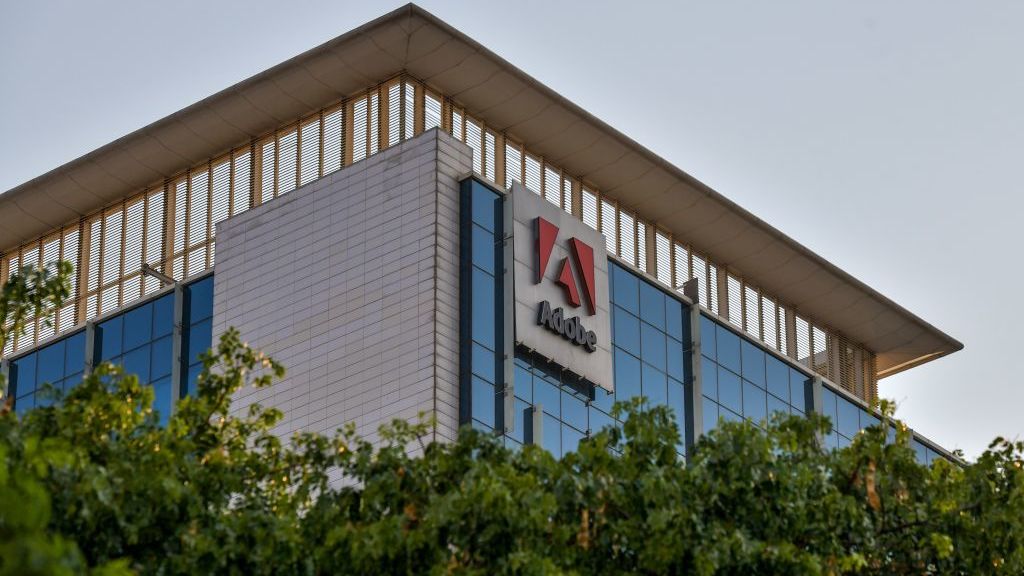 Adobe forced to patch its own failed security update
Adobe forced to patch its own failed security updateNews Company issues new fix for e-commerce vulnerability after researchers bypass the original update
By Danny Bradbury
-
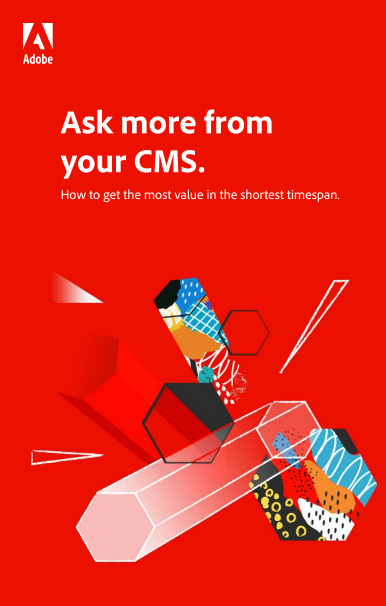 Ask more from your CMS
Ask more from your CMSWhitepaper How to get the most value in the shortest timespan
By ITPro
-
 Adobe battles fake photos with editing tags
Adobe battles fake photos with editing tagsNews Photoshop will include new tagging tools later this year to help fight against misinformation and deep fakes
By Nicole Kobie
-
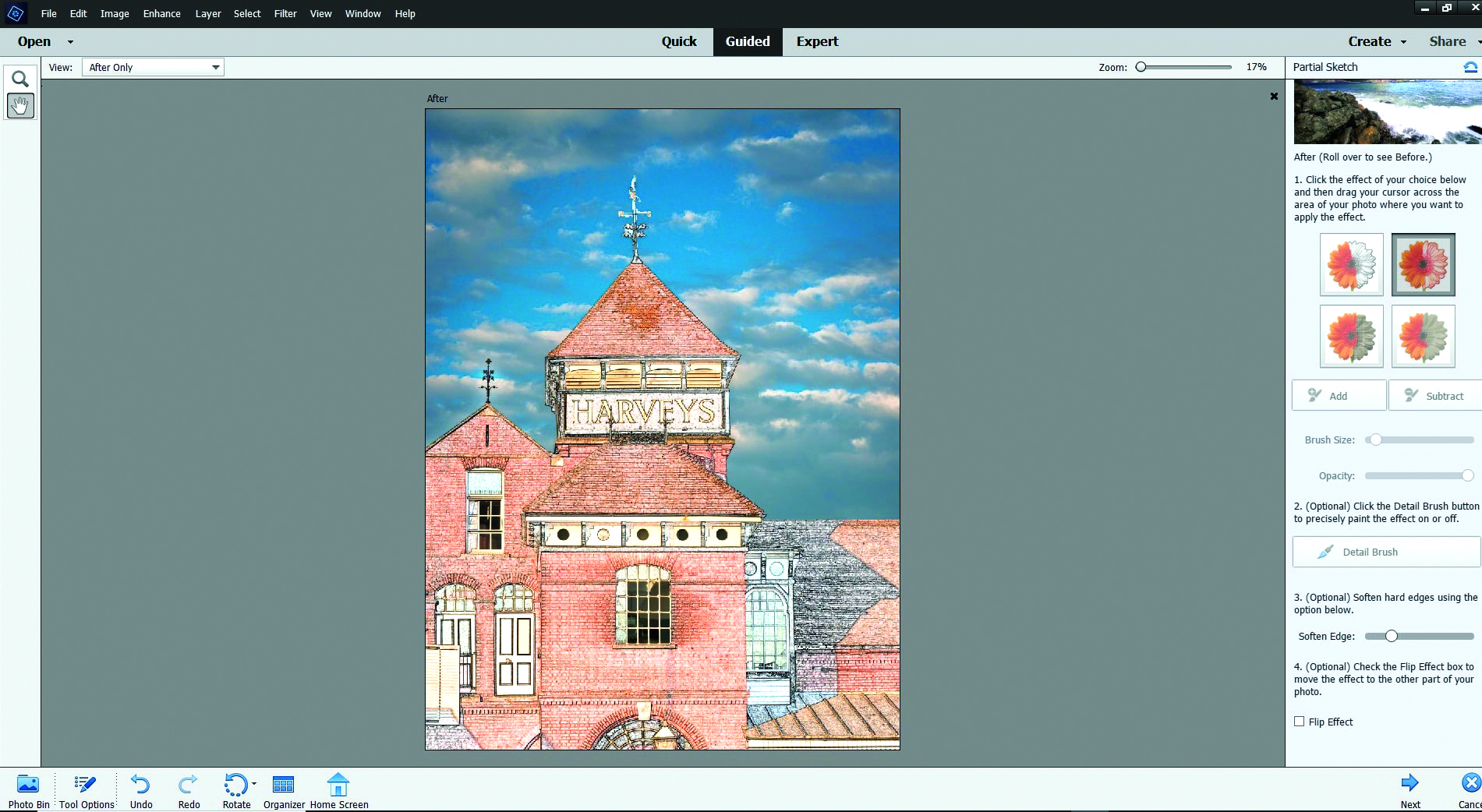 Adobe Photoshop Elements 2019 review: Trapped in the photo-editing middle ground
Adobe Photoshop Elements 2019 review: Trapped in the photo-editing middle groundReviews A once peerless beginner’s photo-editing package that’s past its prime
By Barry Collins
-
 How Adobe saved BT £630,000
How Adobe saved BT £630,000Sponsored Adobe’s digital signature platform is saving time and money - and forging stronger connections between businesses and customers
By ITPro
-
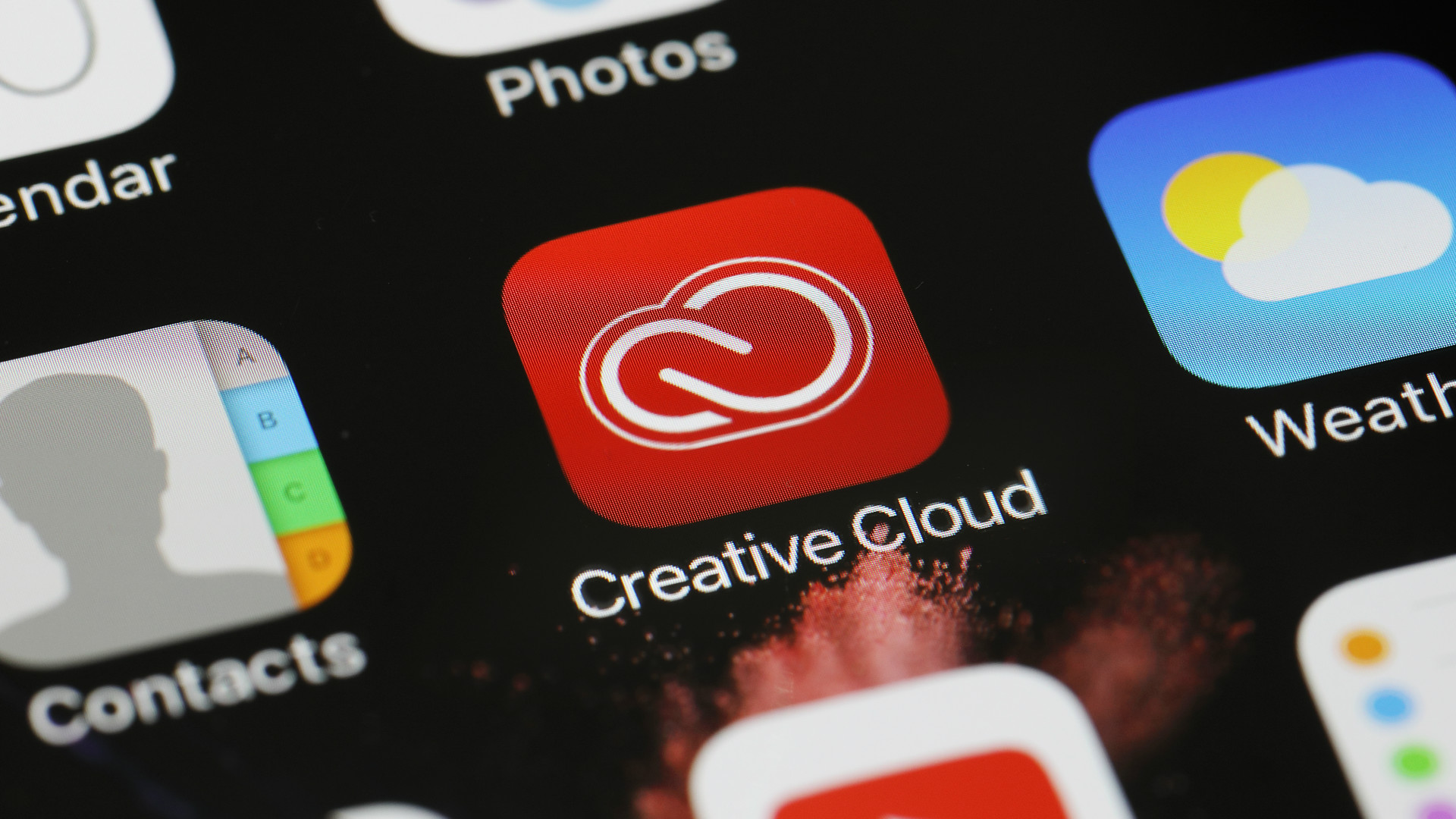 Don't settle when it comes to creativity
Don't settle when it comes to creativitySponsored Getting the best out of your creative design team means equipping them with the best software
By ITPro
-
 The benefits of a subscription service
The benefits of a subscription serviceSponsored Why software vendors are increasingly moving to a subscription model
By ITPro